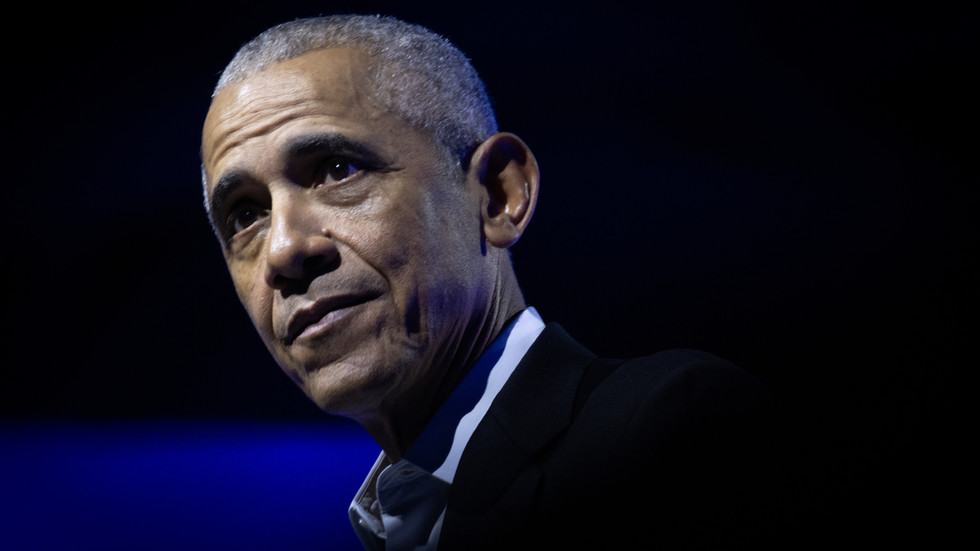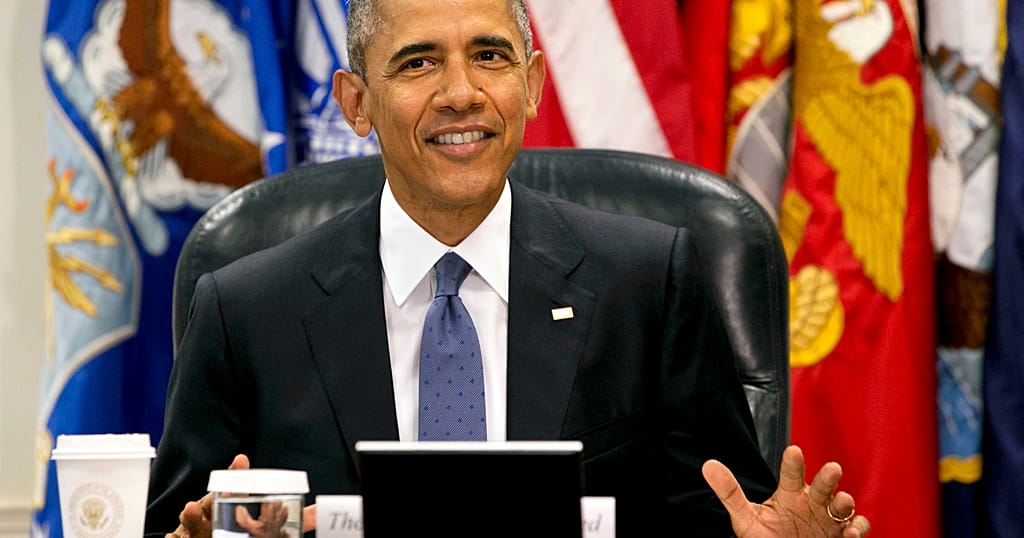France’s public debt has reached a record high of 3.4 trillion euros, equivalent to 115.6 percent of the country’s gross domestic product (GDP). According to official data from the statistics bureau INSEE, the debt mountain grew by nearly 80 billion euros in the second quarter of the year. This surge in debt has put pressure on new Prime Minister Sebastien Lecornu, who is facing protests and political turmoil.
The French debt-to-GDP ratio is now the European Union’s third-highest, after Greece and Italy, and is close to twice the 60 percent permitted under EU rules. Lecornu, who was appointed by President Emmanuel Macron this month, has yet to form a new government and must deliver a budget proposal to parliament by mid-October. The budget proposal will be put to a vote by the end of the year.
Lecornu’s task is complicated by the power dynamics in the National Assembly, where the Macron-friendly bloc is in a minority. He has described himself as “the weakest prime minister of the Fifth Republic,” referring to France’s current system set up in 1958 under Charles de Gaulle. His predecessor, Francois Bayrou, had proposed measures to save 44 billion euros and curb France’s annual deficit, which is currently the EU’s highest.
However, Lecornu has vowed to break from the past and defuse the political crisis. He has promised to abolish life-long privileges for former prime ministers and scrap two public holidays, but experts consider these measures to be largely cosmetic. Unions have announced fresh demonstrations for October 2, after hundreds of thousands of people protested across France last week, with anger focused mostly on Macron.
Economists attribute France’s deepening deficits to accelerated spending to alleviate the impact of the Covid crisis and offset inflationary pressures, as well as unfunded tax cuts. Mathieu Plane, deputy analysis and forecasting director at the OFCE, an economics institute, described the deficit as “not only a crisis deficit, but also structural.” He suggested that Lecornu should establish a plan over several years to stabilize the budget without hurting the economy.
International investors are also demanding an increased risk premium for purchasing French sovereign debt, adding to France’s debt financing bill. US ratings agency Fitch downgraded France’s ability to pay back debts this month, warning that the country’s debt mountain would keep rising until 2027 unless urgent action was taken. Francois Ecalle, president at Fipeco, a site specializing in public finances, recommended spending cuts and tax hikes, including for the well-to-do, saying “it is necessary, if only for social and political reasons, to tax the rich a bit more.”



